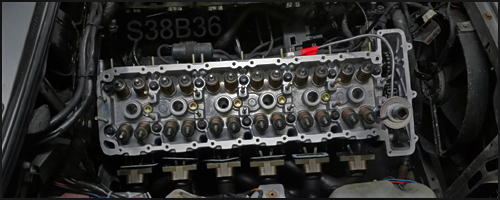I stole this from a cross post on Jalopnik just now, but it is a really neat video. Nothing at all surprising, but confirms what I say to my lady friend when she loses control when the back end steps out while AutoX'ing. I tell her I have a hard time explaining it because I never think about what I am what I am going to do to correct oversteer because it just happens subconsciously and I am consciously thinking about my next few cones and the subsequent setup. This video supports that logic, and I am sure that all of you feel the same.
The only thought provoking thing that I got out of this is who is faster around a race track; a human or a robot? How will that change over time?
My initial thoughts are that humans are faster, and this video confirms that. But we are not really that much faster. Out intuition combined, ability to learn, and the tingle feelings we get that an accelerometer cannot record make us faster than robots. But for how long? If we are assuming that there is only 1 fastest line per track and that these robots are nailing those lines, are they following them as fast as possible? Do they even know what is fastest? Are they basically cornering until they the friction changes from static to kinetic (aka, loss of grip), are they pushing it just a little bit but still have set limits? I have my guesses to those questions, but over time, I believe that they will be intuitive enough and adaptive enough to become EXTREMELY consistent drivers, but never the faster than the fastest humans. There is just something about driving and the associated feelings that I do not believe can be put into some lines of code or logic flow.
Thoughts?






Comment